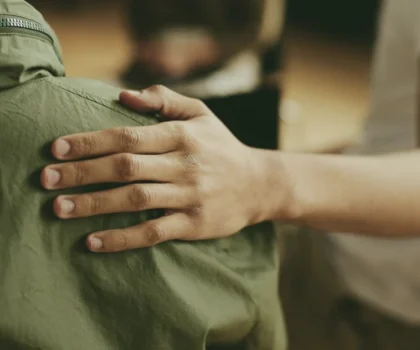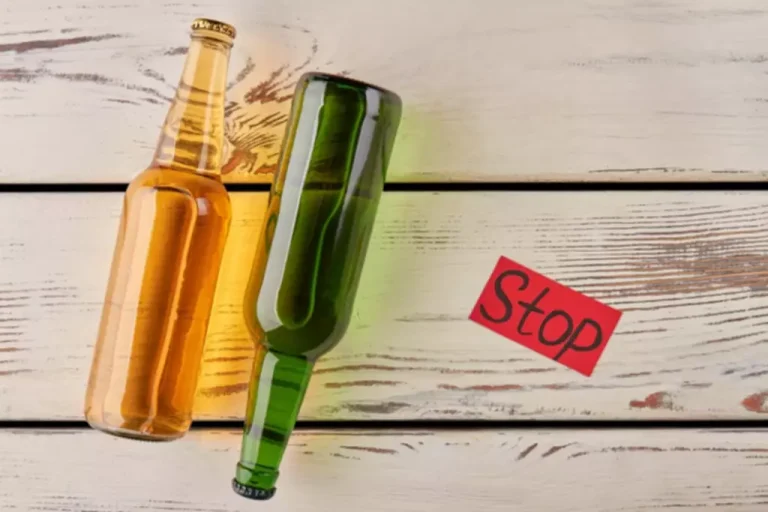
In sobriety, your support group may include people from treatment, meeting attendees, and supportive family members and friends. Your support community will recovery motivation help to ensure you are staying motivated when you are struggling. It is human nature to avoid discomfort and recovering from addiction is uncomfortable.
Stay Cool and Calm
By following the steps above, you will find yourself staying motivated to maintain a happy, healthy and substance-free life. If you need help, contact JourneyPure QuestHouse and let our compassionate staff guide you to a successful recovery from addiction. Millions of people do, whether they were once compulsive users of opiates, alcohol, or gambling. Recovery from addiction is not only possible, it is the rule, rather than the exception.
Engaging with the sober support community
Routines can be a powerful tool in managing mental health, especially when coping with depression. Here are some key reasons why establishing a daily routine can help stabilize your emotional well-being. If you’re looking for more science-based ways to help others reach their goals, this collection contains 17 validated motivation & goals-achievement tools for practitioners. Use them to help others turn their dreams into reality by applying the latest science-based behavioral change techniques. These detailed, science-based exercises will help you or your clients create actionable goals and master techniques for lasting behavior change. Before you continue, we thought you might like to download our three Goal Achievement Exercises for free.
Tips for Establishing Your Commitment to Sobriety

Post-acute withdrawal syndrome (PAWS) involves withdrawal symptoms that persist past the detox period. Such symptoms are often related to mood and may include irritability, anxiety, depression, sleep problems, and fatigue. Get the latest on recovery and sober living delivered to your inbox.

Stay in control of your schedule

VeryWellMind.com describes internal motivation as the willingness to do something because of the personal satisfaction it brings rather than out of a desire for an external reward or outcome. For many individuals with drug or alcohol problems, motivational factors such as religion can inspire them to change their lives and avoid substance use. Finding motivation to achieve and maintain abstinence https://ecosoberhouse.com/ from drugs and alcohol is a critical first step to getting sober. The inspiration to live a sober lifestyle can come from loved ones, from people in similar situations or simply from thinking about the consequences of substance use. Before entering treatment, individuals must commit to getting sober. Abstaining from substance use can be physically and psychologically painful.
Seeking Support

On the days when you can’t seem to motivate yourself, you’ll probably find it takes too much energy to deviate from your healthy routine. These services include counseling, 12-step programs and sober housing. Engaging in aftercare services is a critical component to recovery because 40 to 60 percent of people who complete treatment experience relapse. Frequent drug or alcohol abuse can result in addiction, a chronic brain disease that causes compulsive behaviors despite knowing the harmful consequences. People with addiction may lie or steal to support their drug or alcohol use. Substance use disorders can also result in heart disease, cancer and mental illness.
Try to Stop Comparing Your Progress With Others
- Substance use disorders can also result in heart disease, cancer and mental illness.
- A great way to stay motivated is to set both short-term and long-term goals.
- If you’re looking for more science-based ways to help others reach their goals, this collection contains 17 validated motivation & goals-achievement tools for practitioners.
- Through Gopalka’s work with India’s public health system, he learned how to use accountability to the citizen to trigger motivation and fix the system.
- Some individuals can do this on their own with community or peer support; however, others will require the help of providers through medically-supervised detoxification.
When it didn’t work, she turned to therapy to quit drinking and cope with depression and anxiety. Financial troubles and problems finding and keeping employment are major triggers for relapse, but it is possible to take baby steps and get your finances in order. Depending on the type of dependency, PAWS can last from six months to two years after you stop using drugs or alcohol. Nevertheless, it is vital to recognize the changing nature of motivation in recovery.
Mindfulness training, a common component of cognitive behavioral therapy, can help people ride out their cravings without acting on them. Because recovery involves growth, families need to learn and practice new patterns of interaction. Under all circumstances, recovery takes time because it is a process in which brain cells gradually recover the capacity to respond to natural sources of reward and restore control over the impulse to use. Another widely applied benchmark of recovery is the cessation of negative effects on oneself or any aspect of life. Many definitions of recovery include not only the return to personal health but participation in the roles and responsibilities of society.
- By contrast, most adolescents relapsed in social settings when they were trying to enhance a positive emotional state.
- At the very least, self-care should include sleep hygiene, good nutrition, and physical activity.
- Choose people you feel comfortable talking with and who can help provide encouragement.
- Containing 28 chapters, this easy-to-read, insightful book tells us what to do and what not to do to create organizational cultures to foster motivation.
- Long-term recovery is not a final destination but rather an ongoing process of facing and coping with life without retreating into addictive behaviors.
This entry was posted on Monday, May 8th, 2023 at 8:13 am
You can follow any responses to this entry through the RSS 2.0 feed.
Posted in: Sober living
